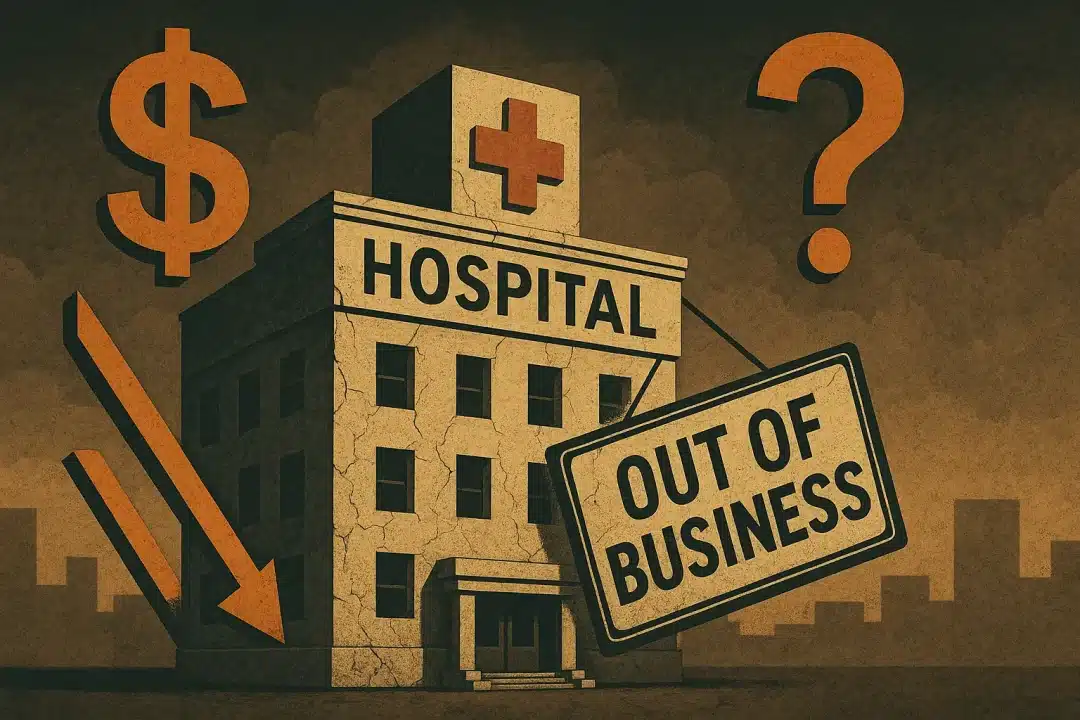
A new government report has issued a stark warning: Medicare’s Hospital Insurance (HI) Trust Fund will run out of reserves by 2033—three years earlier than expected. At that point, the fund will only be able to pay 89% of scheduled benefits, unless lawmakers act swiftly.
The 2025 Annual Trustees Report, released June 18, paints a grim picture for the program that provides health coverage to over 67 million Americans, primarily older people and individuals with disabilities. It’s a similar problem facing Social Security.
Why is Medicare facing insolvency?
The depletion is driven by a combination of soaring costs and demographic shifts:
- Higher-than-expected 2024 expenditures, especially for inpatient hospital and hospice services.
- An aging population and increased life expectancy, boosting demand for services.
- Provider payments growing faster than income from payroll taxes, which haven’t been adjusted to meet rising expenditures.
The report noted, “The HI trust fund has not met the Trustees’ formal test of short-range financial adequacy since 2003”.
Exploding costs, urgent warning
In 2024 alone, Medicare spending hit $1.12 trillion, with the HI fund accounting for over $422 billion. The HI Trust Fund is projected to swing from surplus to annual deficits starting in 2028, exhausting its reserves by 2033.
This is the ninth consecutive year the program has triggered a Medicare funding warning—an official alert that obligates the President to propose legislative fixes and Congress to consider them on an expedited basis.
What happens if no action is taken?
If the HI trust fund is depleted:
- The program would operate on a “pay-as-you-go” basis.
- Medicare could pay only 89% of hospital-related benefits—potentially forcing service cuts or delaying payments to providers.
- Retirees could face limited access to hospital care and longer wait times.
The report emphasized that “Congress has never allowed the HI trust fund to become depleted”—but the urgency is higher than ever.
Solutions being discussed
Potential solutions include:
- Raising the Medicare payroll tax
- Reducing provider payments
- Modifying eligibility or coverage
- Redirecting general revenues
Each option carries trade-offs for workers, providers, and taxpayers. Lawmakers have yet to coalesce around a sustainable fix.
The bigger budget picture
Medicare’s financial woes also threaten to balloon the federal deficit. The general Treasury already covers over 70% of Supplementary Medical Insurance (SMI, covering Parts B and D), and if current trends continue, these costs will double as a share of GDP by 2099.
What happens next?
Congress has until fiscal year 2027 to act on the Medicare funding warning. Advocates and policy experts warn that waiting longer will limit options and raise the stakes.
“This is a pivotal moment for one of America’s most relied-upon programs,” the report concludes. “Early action would allow for more gradual reforms and give stakeholders time to adapt”.
Stay informed and protect your health. Medicare and Medicaid provide essential coverage for over 150 million Americans — understanding your eligibility, benefits, and upcoming policy changes is vital to maintaining access to care.
For personalized assistance or the latest updates, visit Medicare.gov, Medicaid.gov, or call 1-800-MEDICARE (1-800-633-4227).
